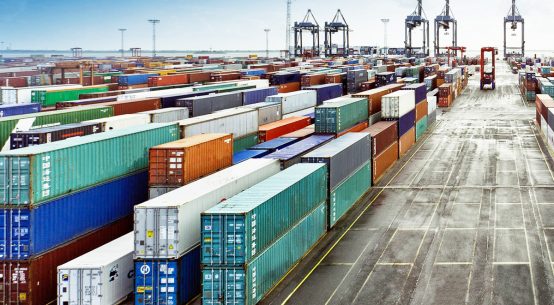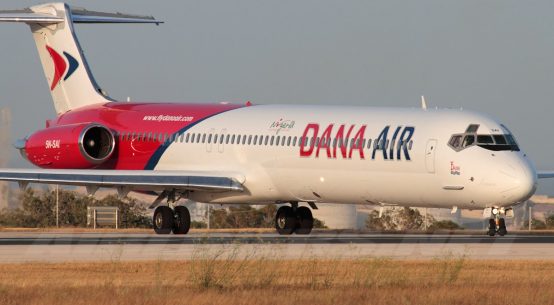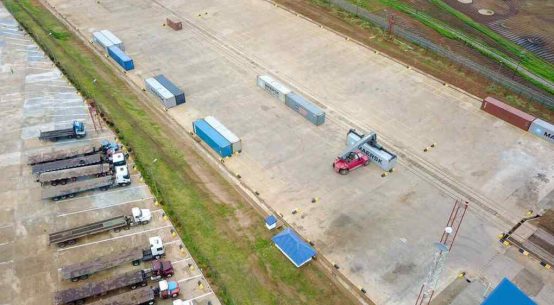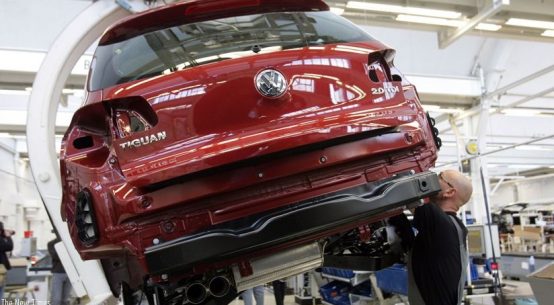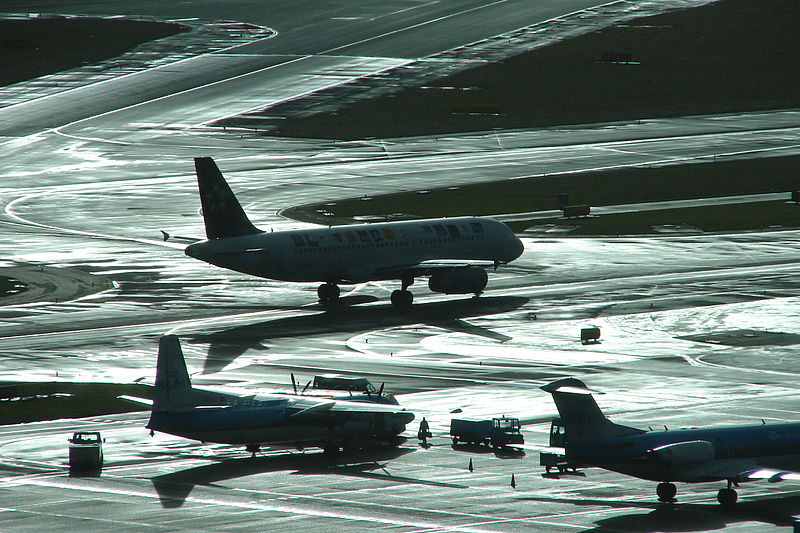
Schiphol taxiway
The European Shippers Council (ESC) is warning that slot-allocation policies at major airports will “immediately hurt the rest of the supply chain, hamper the economic investment climate, and result in a loss of jobs” unless policies are changed to accommodate full freighter operations.
For example, with freighter flights at Amsterdam Schiphol (AMS) facing a 20 percent reduction this winter, the organization is calling for cooperation with passenger airlines within the IATA framework, to help full freighters and to avoid disruptions in the supply chain.
Called the “80-20 rule,” IATA’s regulation’s bias against freight has already triggered a diplomatic crisis of sorts. Russia has threatened to close its airspace to all Netherlands-registered aircraft in the event that Schiphol reduces slot allocations for Russian full-freighter operator AirBridge Cargo. Other carrier’s with less diplomatic clout have already started flying into cheaper airports in the region. However, that’s not a long-term solution, and it increases shipping costs and environmental impact.
The impending crisis stems from IATA rules, which European airports adopted, that strip carriers of their assigned slots if they fail to fly 80 percent of their slots on-time. Since freight doesn’t arrive with the same punctuality as passengers, freighter operators are being pushed out of major airports. Since IATA created the rules, the industry is not calling on it to amend them to accommodate freight operators.
The ESC pointed out that passenger carriers make money whether the ticketed passenger is on board or not. Low-cost passenger carriers that have swarmed into the market over the last decade have little incentive to accommodate their freight counterparts – and so far they have not, opting to support the status quo.
At Schiphol, full freighters, with load factors of 95 percent, are now forced to move out because they have lost their slots, which are being snapped up by the leisure/low-cost segment. The ESC says that flights with a large economic footprint are being replaced by flights with a much smaller one.
While AMS has garnered the most headlines of late, the ESC said that the crisis is spreading to other major airports in cities such as Frankfurt, Beijing, Mexico, and Hong Kong.
Since IATA regulations are imposed through European Union regulations and national rules, the ESC is putting pressure on IATA to change its rules.
Follow us on Twitter for more Logistics New
It’s no secret that IATA is dominated by passenger airlines. However, the ESC points out that most low-cost carriers aren’t even IATA members, meaning that IATA’s own rules could be harming its member’s freighter operations while benefitting their competition.



